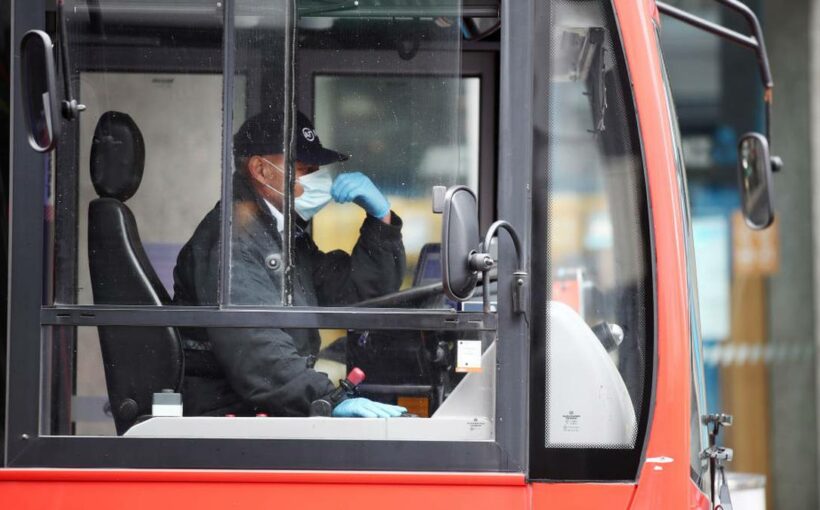New Zealand risks being placed on a list of the world’s “worst case” breaches of international labour law if it continues with its proposal to change Fair Pay Agreements to include compulsory collective bargaining.
BusinessNZ says the introduction of Fair Pay Agreements would essentially force collective bargaining, which would have detrimental effects for the country and its reputation, as well as set a bad example globally, while the FT says the Fair Pay Agreements would reverse 30 years of labour market deregulation.
The UN International Labour Organisation (ILO) last week said it was in favour of collective bargaining and that collective bargaining in the workplace was essential for the global recovery post-Covid-19 pandemic.
But the ILO, like BusinessNZ, is concerned that the proposal does not support voluntary bargaining but rather enforces it, Kirk Hope, chief executive of BusinessNZ, told the Herald.
“The problem with this proposal is it compels people to bargain which sends a pretty bad signal to many other countries,” he said.
“It is quite serious to compel people to a bargaining table, which is why again the ILO language in their conventions are all about supporting and governments putting in place things to support collective bargaining, not compelling people.”
If enacted, the Fair Pay Agreements would breach the freedom of association rules and convention 98 relating to voluntary bargaining, Hope said. “There is compulsory mediation as well so that would almost certainly breach convention 98, then there is government intervention that would then breach convention 98. The signal and intention to breach from a country like New Zealand is a pretty serious matter.”
Enterprise-level bargaining was commonplace around the world, but very little sector-level bargaining “left in the world”, said Hope.
“France finally got rid of their sector-level bargaining in 2018, so what that means is workplace bargaining in businesses and enterprises as opposed to what we’re talking about with FPAs’ sector-wide bargaining, hardly anywhere in the world does any sector-wide bargaining anymore.
“Most countries have said a) it stifles innovation, it disables regions in favour of cities and it can have a range of pretty significant impacts which is why they have all moved to enterprise-level bargaining.”
Other countries had recognised that sector-level bargaining was not conducive to good-quality economic outcomes or good quality labour market outcomes, Hope said.
“There are alternative things the Government could do which they could do if they properly identified their concerns in sectors.
“No OECD economy has moved to further centralised wage bargaining since 1970s so that tells you how out of step these proposals are.”
Because of the Government’s proposal, the ILO has included New Zealand on the list of the 40 worst cases of breaches of international labour treaties, which will be examined at this year’s International Labour Conference to be held in Geneva in June.
Hope said the fact New Zealand was included on a list alongside Afghanistan and Venezuela, and just ahead of Nigeria, showed how flawed the proposed FPA Legislation was for New Zealand.
Other countries on the list for collective bargaining include Columbia, Egypt, Hungary, Iraq, Malaysia and Mauritius.
“Clearly the International Labour Organisation, which this Government is a founding member of, sees the introduction of compulsory Fair Pay Agreements as trampling on people’s human rights. It is a clear infringement of workers’ and employers’ right to freedom of association.”
Source: Read Full Article
